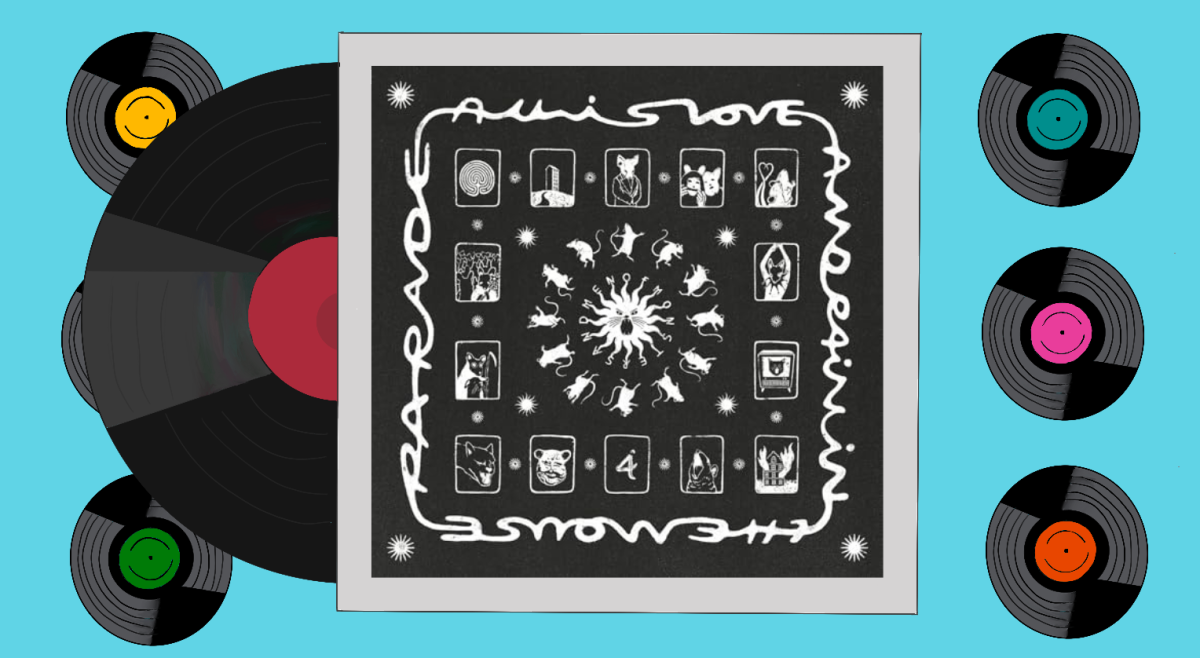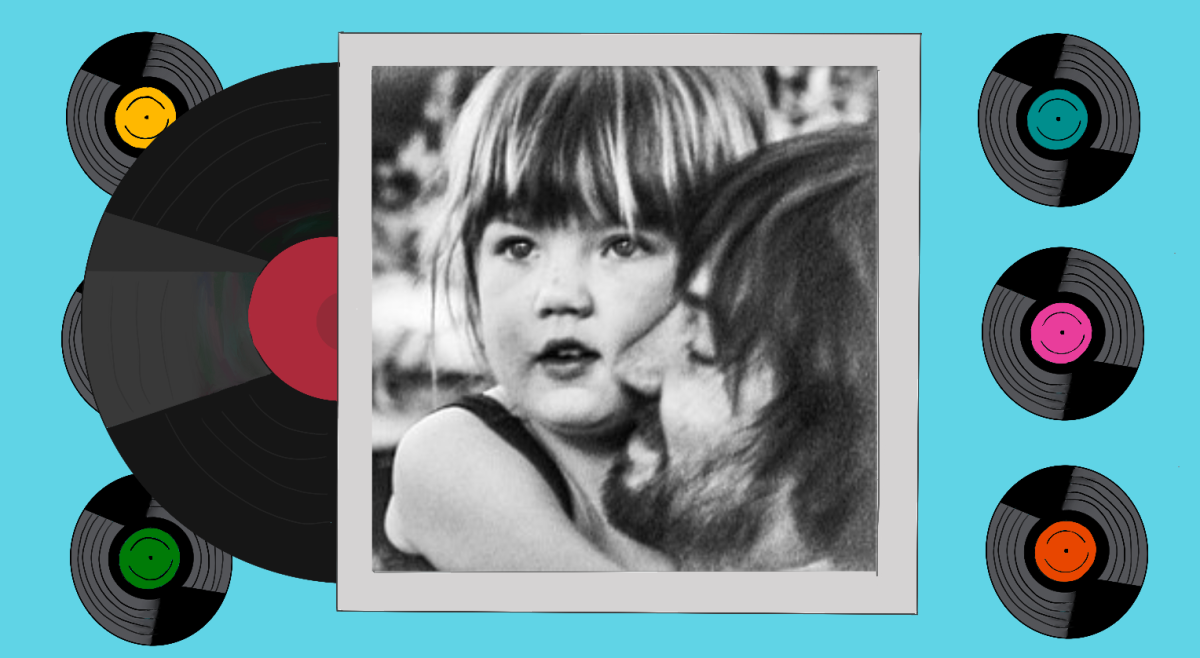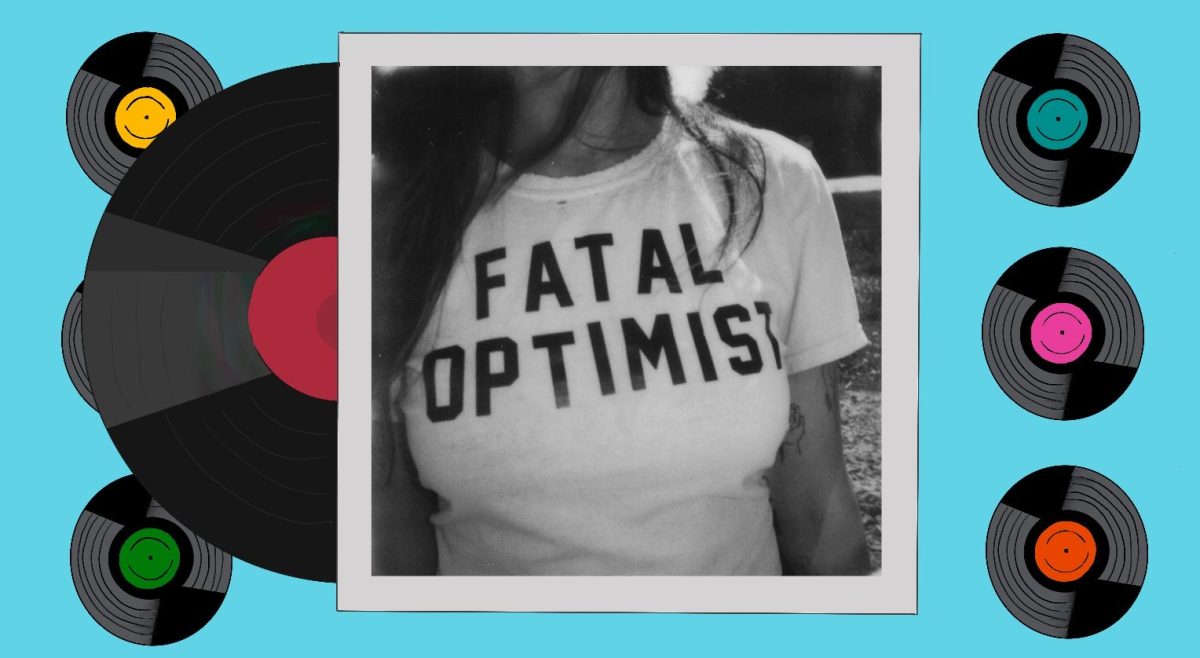The phrase “when I met you in the summer” probably started cycling in thoughts well before the maddening heat of summer—this lyric from Calvin Harris’s late-spring hit “Summer” was the first time many of us heard from the EDM musician since the 2013 hit “I Need Your Love,” and it certainly won’t be the last. Although the Scottish singer/DJ has been wildly popular in the UK for some time now, he’s grown into a household name here in the U.S. more recently. What many people do not know is that Calvin Harris is actually the stage name for Adam Richard Wiles (which makes Harris just a little more Scottish than we all first imagined). After heating up his summer, Harris came out with a new album this week. Motion has much of what listeners already love or hate about Harris at this point, and certainly a lot of what listeners already know of his music—his usual electronic beats make their way throughout the record. The path Harris takes with Motion is notably not a collection of great choices.
Harris chooses to collaborate with several artists in his new album, including Ellie Goulding, Firebeatz, Big Sean, and even Gwen Stefani. These songs will likely bring more listeners to the new album, but the partnerships themselves don’t work out too well. Covering a wide variety of genres, these featured artists do not necessarily work very well with Harris’ electronic groove.
An example of collaboration not working out in the best way is “Overdrive,” a collaboration with Turkish-Dutch DJ Ummet Ozcan. Although the two work up a true “hard” house feel to the song, their execution is soft: the track’s attempts at dropping the beat follow a generic pattern. Other songs that struggle with this are “Burnin,” a collaboration with Dutch DJ R3hab, and “Open Wide” with Big Sean. If some more thought was put into differentiating these songs, Harris could draw a bigger crowd to the album. Most of the record is Harris going through the motions: clashing, loud beats being played dominate the sonic landscape, stealing appeal from the actually content of Harris’ songs.
There are some moments of hope for the album. Some of its songs actually take on distinctive rhythm, moving them slightly up on the totem from Harris’ usual tracks. Harris’s collaboration with California pop-rock trio Haim does have a heavy dance feel to it, but the band’s poppy vocals actually fit well with the album’s electronic style.
London house trio All About She joins forces with Harris for “Love Now,” which, lyrically, also keeps in the realm of dance—an upbeat collaboration that proves one of the more welcome features of the album. “Summer” also makes its way back to us with this album, but overall, the record could use more standouts to add to its appeal. Most of the songs on Motion do not have much meaning, and are designed to simply be a pleasing collection of sounds—there’s some enjoyment to be found in that.
Motion is not altogether a failure, but there are many things that could use some work. Had Harris decided to keep more closely to his own style, the album could have been better. By collaborating with other singers, Harris surrenders much of what makes him distinctive—for better or worse. He tries to go “hard” and in the process lets go of what makes him so great at producing hits. This album is seldom danceable, and its heavy production makes it quite difficult to enjoy. Hopefully his next album can bring us back to the “motion” of Harris’ songs.
Featured Image Courtesy of Deconstruction Records












